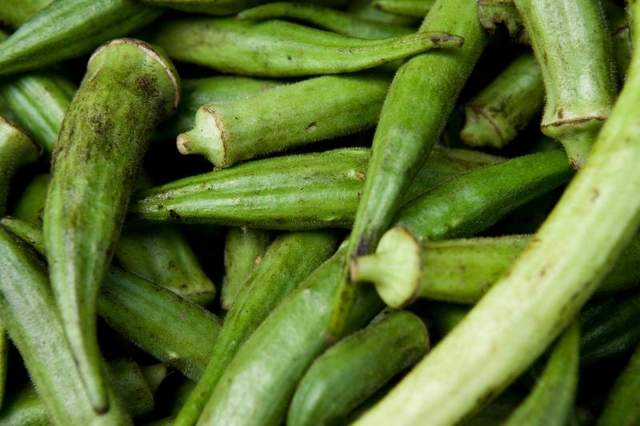Corn biscuits for breakfast; veggie dogs for lunch; okra, tomato and black-eyed peas for tea. It’s probably not a diet to tempt most Americans into shedding a few pounds.
But swapping westernised eating habits for the high-fibre diet of millions of people living in rural southern Africa could dramatically cut the risk of bowel cancer in the West, according to an innovative ‘diet swap’ study.
In research which saw 20 Americans switching diets with 20 South Africans living in rural Kwazulu, scientists saw dramatic effects on bowel cancer risk indicators after just two weeks.
Bowel cancer – one of the biggest cancer killers – is considered a ‘westernised disease’ and risk is heightened by a diet high in red and processed meat and low in fibre.
To test the true impact of diet, researchers led by cancer specialists at Imperial College London recruited 20 Americans from Pittsburgh, Pennsylvania and gave them a meal plan based on a ‘traditional’ African diet high in fibre and low in fat, centred on corn-based products, vegetables, fruit, and pulses.
Meanwhile, 20 volunteers living in rural South Africa were given a typical Western diet, with plenty of red meat, but precious little fruit and vegetables or other sources of fibre.
All participants had colonoscopy examinations before and after the diet swap, to look for inflammation and polyps – abnormal growths in the lining of the bowel that can be an indicator of cancer risk. At the start of the study, nearly half of the Americans, and none of the South Africans, had polyps.
But after only two weeks, the American group was found to have significantly reduced inflammation in the colon, or large bowel, while in the South Africans, measurements indicating cancer risk dramatically increased, the study authors said.
“What is really surprising is how quickly and dramatically the risk markers can switch in both groups following diet change,” said Professor Jeremy Nicholson, the study team leader from Imperial’s department of surgery and cancer. “These findings also raise concerns that the progressive westernisation of African communities may lead to the emergence of colon [large bowel] cancer as a major health issue.”
Bowel cancer, also known as colon cancer or rectal cancer, depending on where the cancer starts, kills more than 600,000 people worldwide every year – mostly in western countries, with incidence much lower in both Africa and the Far East.
The new study, which is published in the journal Nature Communications, suggests that changing diet may affect cancer risk by altering the balance of bacteria found in the gut – known as the microbiome.
At the start of the study the African group consumed between two and three times less animal protein and fat than the Americans, but consumed significantly more carbohydrate and fibre.
This led to higher levels of butyrate, a by-product made by the body when it metabolises fibre. Butyrate is thought to have anti-cancer effects, and higher levels were seen in the Americans after two weeks on the African diet.
Dr James Kinross, a colorectal surgeon and clinical lecturer at Imperial, said scientists were beginning to recognise that the gut microbiome could have an important influence on human health.
“This research shows that gut bacteria are critically important for mediating the link between diet and colon cancer risk,” he said. “This means we can look to develop therapies targeting gut bacteria as a way to prevent and treat cancer.”
Previous studies have shown that the Western diet can have a rapid impact on a population’s cancer risk. Research which looked at Japanese migrants to Hawaii found that it took just one generation for the group’s low bowel cancer incidence to come into line with the high rate seen in native Hawaiians.
Diet swap: What the volunteers ate on day one
A high fibre, low fat rural South African diet for the Americans including: corn fritters, spinach and red pepper for breakfast; corn dogs, fried potatoes and mango for lunch; and okra, tomatoes, corn muffins and black-eyed peas for dinner.
A high fat, high protein American diet for the South Africans including: beef sausage and pancakes for breakfast; burger and chips for lunch; and meatloaf and rice for dinner.
Fuente: www.independent.co.uk
